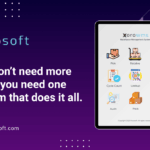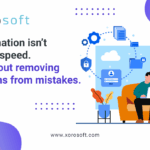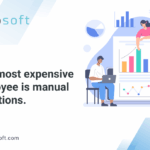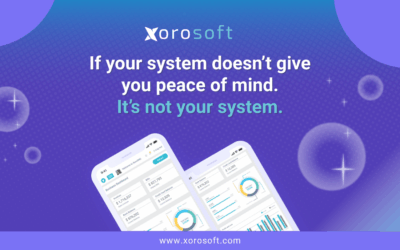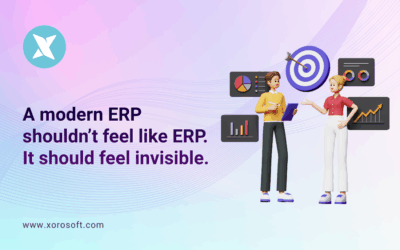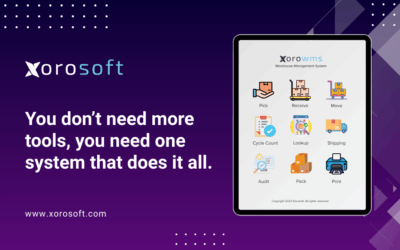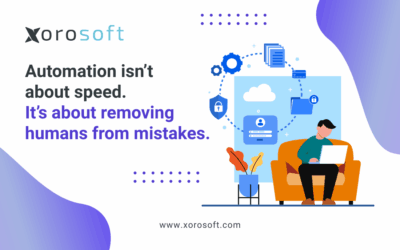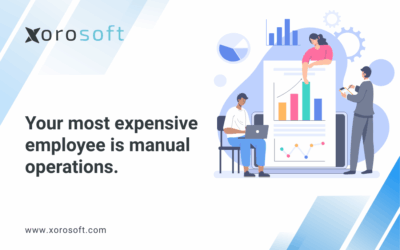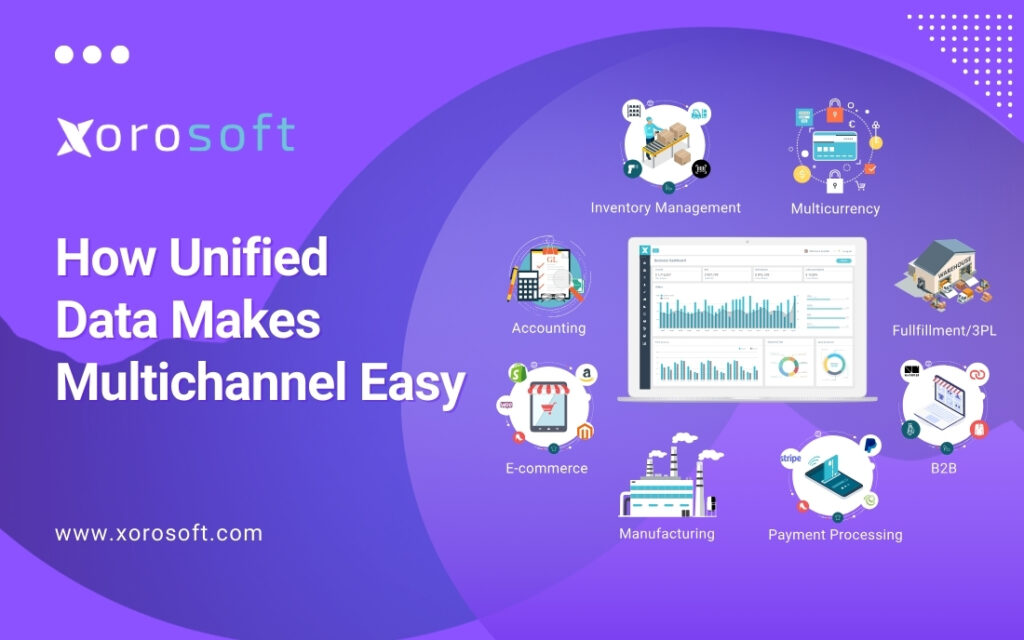
Why Every Brand Needs a Unified ERP for Multichannel Success
Scaling should be a breakthrough—not a breakdown. Yet most brands entering the multichannel space quickly realize that growth can spiral into chaos. Right from the start, a unified ERP for multichannel can determine whether you scale smoothly or scramble daily.
As your orders pour in across Shopify, Amazon, and wholesale platforms, everything feels out of sync. Eventually, the problems become unmanageable.
-
Orders disappear
-
Shipments lag
-
Reports don’t match
-
Refunds confuse your accounting team
Without unified systems, these issues will not only multiply but also delay every department’s progress. Even worse, customer trust erodes.
Disconnected Tools Can Ruin Multichannel Growth
Let’s consider the operational toll of not having unified systems. First of all, your teams end up copying and pasting between platforms. Meanwhile, your inventory numbers diverge across channels.
As a result, your fulfillment slows down and stockouts occur. Additionally, your warehouse staff ends up working with inaccurate data.
Furthermore, your support team wastes time tracing missing orders. Even though tools like QuickBooks or shipping apps serve their function, they lack real-time visibility across your entire ecosystem.
Besides that, decisions get delayed. Finance, fulfillment, and customer success all rely on fragmented data. Without clarity, the company stalls.
What Causes the ERP Breakdown in Multichannel Brands
At this point, it’s worth asking: how did we get here?
The root cause lies in system fragmentation. Traditionally, businesses grow by stacking tools—each solving one function. Initially, this seems harmless.
However, over time, the weight of manual syncing becomes unbearable. Consequently, key data remains locked in silos.
Let’s break down a typical stack:
-
Shopify or WooCommerce handles storefront orders
-
QuickBooks manages the books
-
A third-party shipping app controls logistics
-
Spreadsheets are used for demand planning
Individually, these apps work. Yet together, they lack cohesion. Later on, this patchwork starts collapsing under pressure.
Why a Unified ERP for Multichannel Solves These Problems
Now, contrast that with a unified ERP for multichannel businesses.
Instead of cobbling together tools, you operate from a centralized hub—built for real-time operations. As a result, you streamline everything.
Here’s what unified ERP brings:
- Inventory syncs live across Shopify, Amazon, and wholesale
- Orders are routed from all channels to a central queue
- Accounting data—including tax, discounts, and refunds—is matched instantly
- Reporting is up-to-date, centralized, and accurate
Because of this, your team moves faster. Equally important, they make smarter decisions.
Moreover, your systems work together. There’s no need for human patching or end-of-day reconciliations.
How Xorosoft ERP Powers Multichannel Success
Let’s talk about how Xorosoft ERP becomes your business’s operations backbone.
⮞ Cloud-Native Infrastructure
No local servers, no lag. Since Xorosoft runs entirely in the cloud, you get instant updates, anywhere, anytime.
⮞ Built for Shopify, Amazon, EDI, and 3PL
Unlike generic ERPs, Xorosoft was built with multichannel in mind. Not only do we integrate natively, but also we ensure data integrity across platforms.
⮞ Fully Integrated WMS
Most ERPs bolt on their warehouse module. In contrast, Xorosoft’s WMS is core to the platform, syncing seamlessly with every order and SKU.
⮞ Live Financials and Accounting
From invoicing to refunds, Xorosoft links finance directly with operations. That way, your books are always clean—without manual effort.
⮞ Automation via API
With hundreds of API options, you can connect CRMs, shipping tools, or POS systems without middleware. Subsequently, your processes become fully automated.
⮞ G2 Leader in Ease of Use
Don’t just take our word for it—Xorosoft is ranked #1 for Ease of Use on G2.
⮞ Shopify Verified
We’re listed on the Shopify App Store, ready to help you unify your operations.
What Real-Time ERP Can Do for Your Team
Here’s what your business gains from using a unified ERP for multichannel selling:
- End-to-end inventory control across all channels
- Order routing that minimizes delays and maximizes throughput
- Accurate, synced accounting that supports fast month-end closing
- Forecasting tools that eliminate overstock and understock scenarios
- More time for your team to strategize, not just survive
Moreover, visibility boosts accountability. Likewise, accurate data fuels better planning. Without exception, teams perform better when armed with unified tools.


